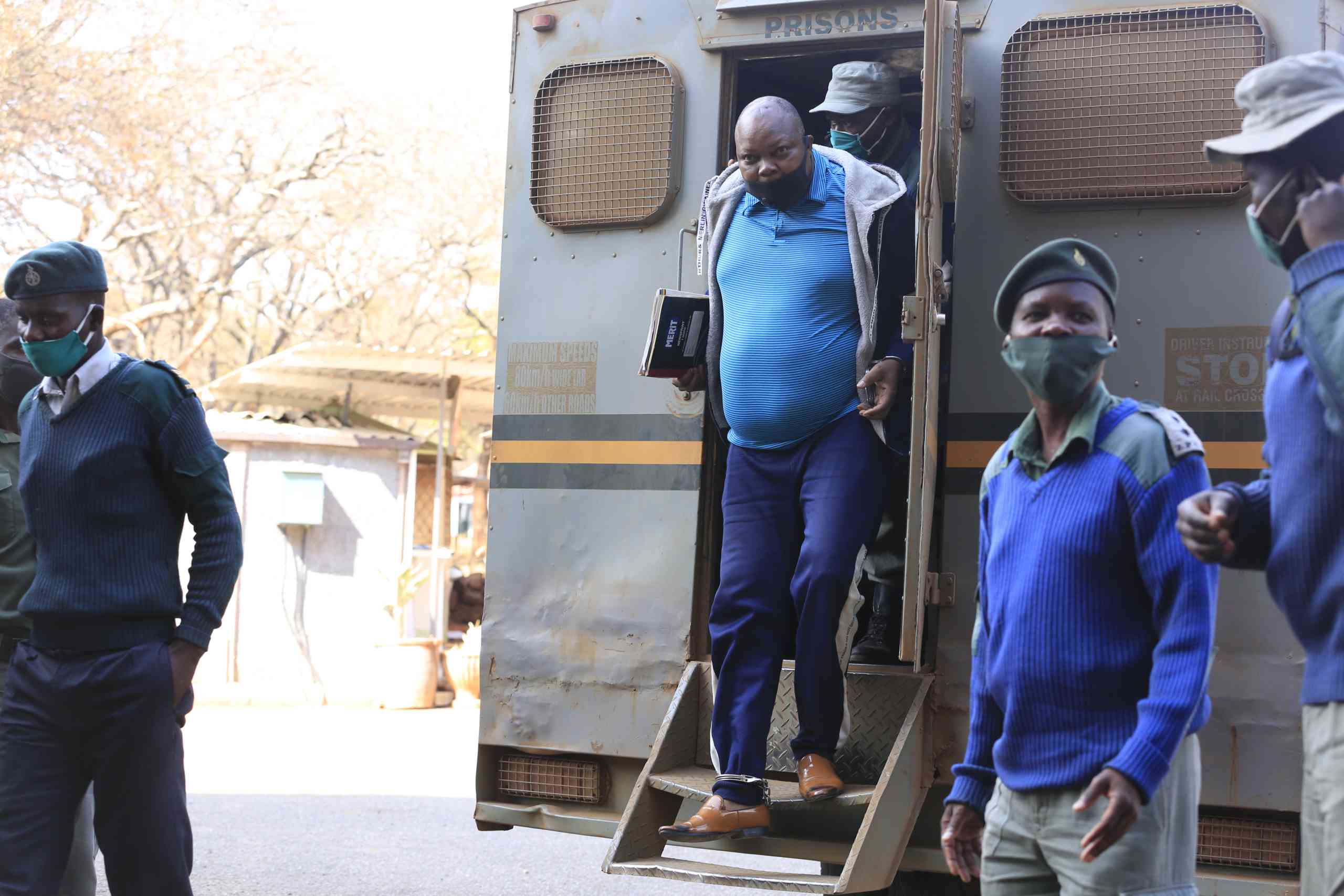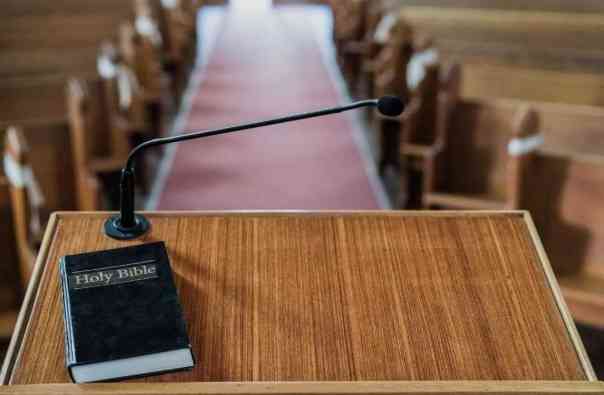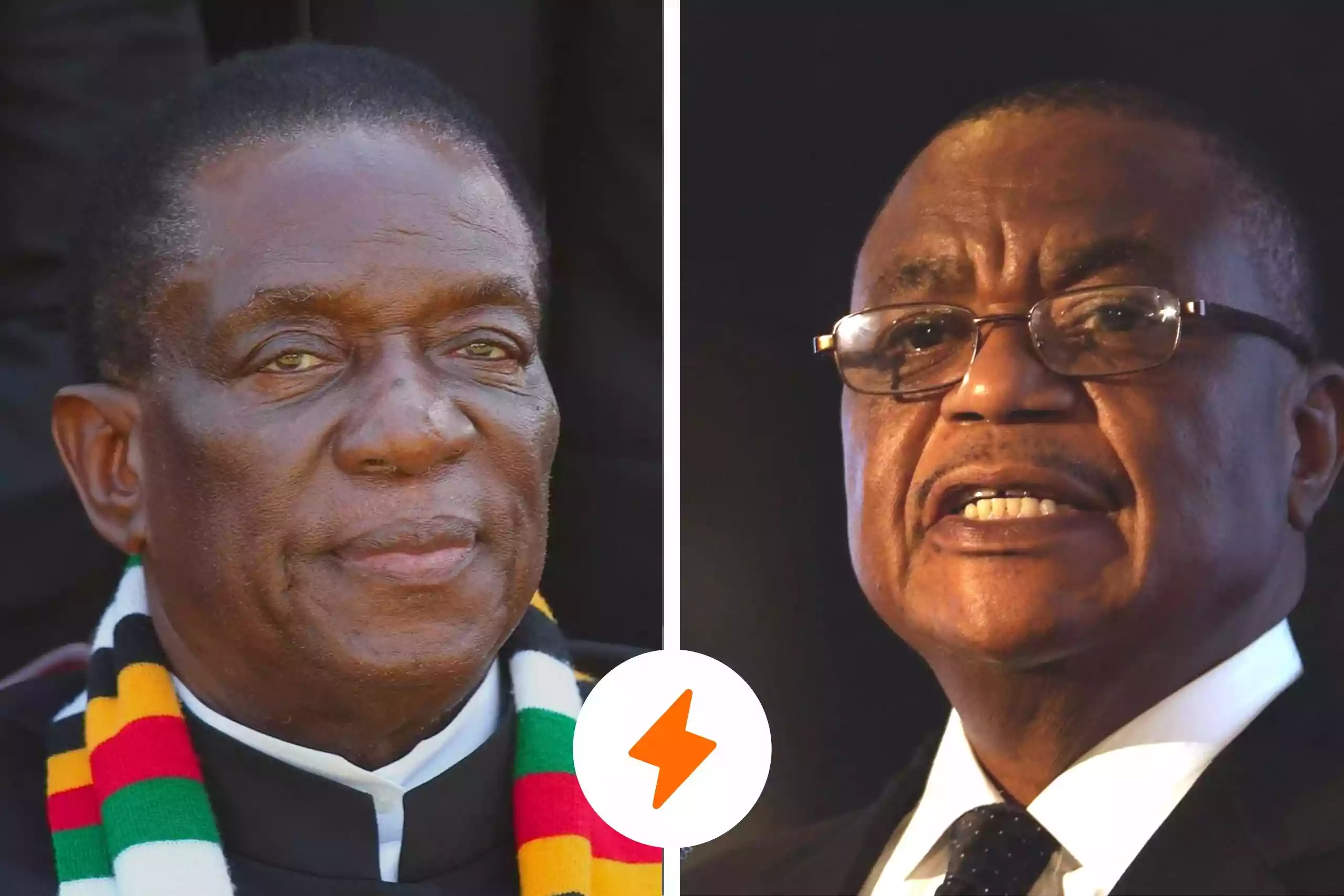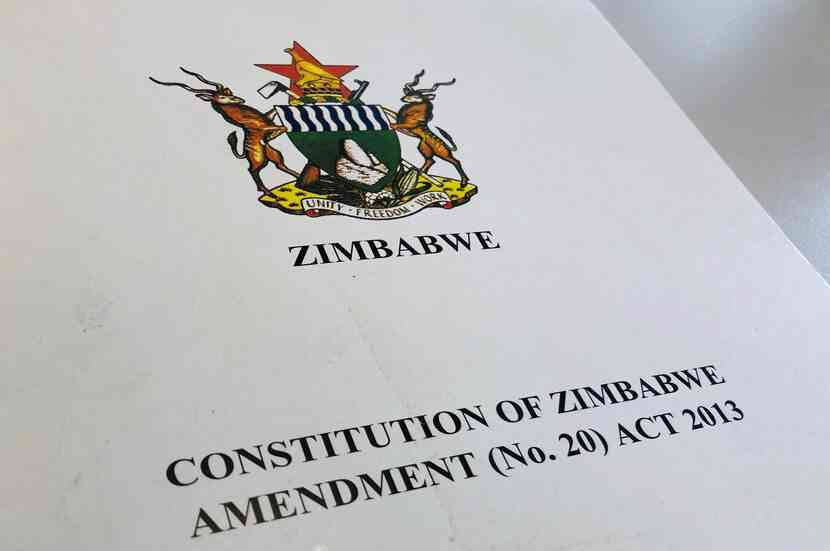
“IN the circumstances, it is the court’s finding that the State has managed, on a balance of probabilities, to prove the existence of compelling reasons justifying the accused’s continued detention. The bail application is accordingly dismissed.”
With these words, deputy chief magistrate Farai Gwitima denied bail to an accused person. On the surface, such rulings appear routine, just part of judicial procedure. Yet, their impact is profound, destroying the lives of accused persons and their families.
At the heart of every bail ruling lies a delicate balancing act: the courts must protect the liberty of the accused while safeguarding the proper administration of justice.
But in Zimbabwe, where over 80% of people survive through self-employment, denying bail often means more than the loss of freedom. It strips families of their breadwinner, plunging dependents into economic despair.
Legal battles are costly. Many accused persons who begin with lawyers are forced into self-representation after exhausting their financial resources. In some cases, courts have acknowledged these realities.
In State v Chigwada HH221-14, Justice Priscilla Chigumba granted bail after noting that several accused persons were sole breadwinners and their continued incarceration would punish innocent dependents. This decision illustrated that bail rulings are not merely about an individual’s liberty, but also about the survival of families.
Take the case of Torai Sibanda, who has languished in remand prison for four years. He recounted how his wife abandoned him and how his daughter, set to sit for her Ordinary Level examinations, now struggles to pay fees or attend extra lessons.
Similar stories abound: children forced into crime or prostitution because a parent was denied bail and detained for years, sometimes only to be acquitted later. In such instances, the justice system ironically breeds the very crime it seeks to curb.
- Mavhunga puts DeMbare into Chibuku quarterfinals
- Bulls to charge into Zimbabwe gold stocks
- Ndiraya concerned as goals dry up
- Letters: How solar power is transforming African farms
Keep Reading
Zimbabwe’s Constitution is explicit. Section 69 guarantees the right to a fair and public trial within a reasonable time, while Section 70 entitles accused persons to adequate facilities to prepare a defence. In practice, these guarantees are often ignored.
Mostly political prisoners, who include Namatai Kwekweza, arrested just before President Emmerson Mnangagwa became Sadc chairperson, was only acquitted a year later after experiencing massive legal fees, disruption of daily routines and missed opportunities.
On acquittal, the courts often turn a blind eye to the effects of a delayed trial, the suffering caused, especially the emotional trauma that accompanies a lengthy legal battle.
The lawmakers sought to address these issues through constitutional protections, but the gap between theory and practice remains wide.
Job Sikhala spent two years in remand, losing his Chitungwiza law practice and clients. His family survived on the goodwill of well-wishers.
Journalists and activists such as Jacob Ngarivhume, Jameson Timba, Hopewell Chin’ono, and this writer have endured prolonged detentions lasting months. The personal costs are devastating: disrupted studies, derailed careers, collapsed businesses, and psychological trauma.
During my own 73 days in pretrial detention, I missed two university examinations despite repeated applications to both the courts and the University of Zimbabwe.
For many detainees, even meeting with lawyers in private is impossible. Harare Remand Prison lacks resources, and attorney-client privilege is compromised when prison officers or other inmates can overhear discussions.
For self-represented detainees, the hurdles are even higher: access to documents is restricted, witnesses are unreachable, and prison bureaucracy strangles any attempt at meaningful preparation.
Further rights of accused persons are protected particularly in S70 (1) (c) “to be given adequate time and facilities to prepare a defence”.
The denial of bail, often without compelling justification, undermines confidence in the justice system. For some, it has become a tool of political control.
Opposition activists and human rights defenders frequently endure lengthy detentions only to be acquitted later, after the punishment of incarceration has already been served. The message seems clear: deny bail, delay trial, and even if you are found not guilty, we will have punished you.
On the side of corruption, prosecutors have been accused of taking advantage of the courts’ appetite to deny bail, especially to political prisoners and alleged armed robbers, in deeply corrupt ways.
Those who allegedly pay bribes often walk free, thanks to half-hearted opposition applications by prosecutors, who are deliberately lenient when bribed. This culture corrodes the very foundations of the justice system.
Equally troubling is how prosecutors sometimes mislead courts. In State v Blessed Mhlanga, prosecutor Ruvimbo Matyatya argued that 10 Heart and Soul TV employees would testify, claiming my release would risk interference.
Bail was denied. Yet when trial began, not a single employee was called as a witness, and police had never even interviewed them.
In denying bail, the court said: “By virtue of his (accused) position at work and his nearness to the witnesses both geographically and relationally, if granted bail, applicant is likely to interfere with witnesses.
“His influence over them cannot be ruled out. It is a real possibility. Of critical importance is that some of the witnesses have not been recorded statements, accordingly his release is likely to culminate in the interference with witnesses as well as undermining the proper functioning of the criminal justice system.”
Similarly, in State v Faith Zaba, the prosecution was forced to abandon its claims when pressed to identify witnesses. Such conduct, unchecked by the courts, erodes public trust and opens doors to corruption.
The cases of businessmen Mike Chimombe and Moses Mpofu are instructive. Despite voluntarily returning from China to face Zimbabwe Anti-Corruption Commission investigators, they were repeatedly denied bail on claims they were flight risks.
At the time of writing, they had spent 14 months in pretrial detention after more than five bail refusals.
The effect is chilling: citizens are discouraged from cooperating with law enforcement if such cooperation leads only to prolonged incarceration.
The effect of this is it sends a chilling message to anyone, who might have been contemplating to cooperate with the police as seen in the Blessed Geza case, and a number of politicians, who have been on the police wanted list.
The message appears to be simple, “we will deny you bail, delay your trial and even if you are found not guilty, we will have punished you”.
The Zimbabwean courts have long recognised the delicate nature of bail decisions. In State v Benator 1985 (2) ZLR 205, the court emphasised that judicial officers must balance the interests of justice with the liberty of the individual.
“In exercising this discretion, the court must be consciously endeavour to the best of its ability to put in balance the interests of the individual or his liberty and administration of justice,” it said.
“The decision must not endanger the administration of justice whilst at the same time must not frustrate the liberty of the individual. It is a very delicate balance indeed.”
Where that balance tilts too heavily towards detention, the results are catastrophic: families destroyed, careers lost, and dependents punished for crimes they did not commit.
This is why courts have wide discretion to impose conditions when granting bail, such as surrendering passports, reporting to police stations, or avoiding contact with witnesses. These safeguards protect the justice system without destroying lives unnecessarily.
Bail is not a privilege; it is a constitutional right, subject only to compelling exceptions. Denying it casually or politically weaponising it undermines both justice and society.
Prolonged pretrial detention punishes the innocent, fuels corruption, and erodes the public’s faith in the rule of law.
If Zimbabwe’s justice system is to be credible, its courts must lean toward liberty, not detention. The cost of getting it wrong is not measured only in legal terms but in broken families, lost livelihoods, and shattered futures.
Mhlanga is a law student at the University of Zimbabwe.











